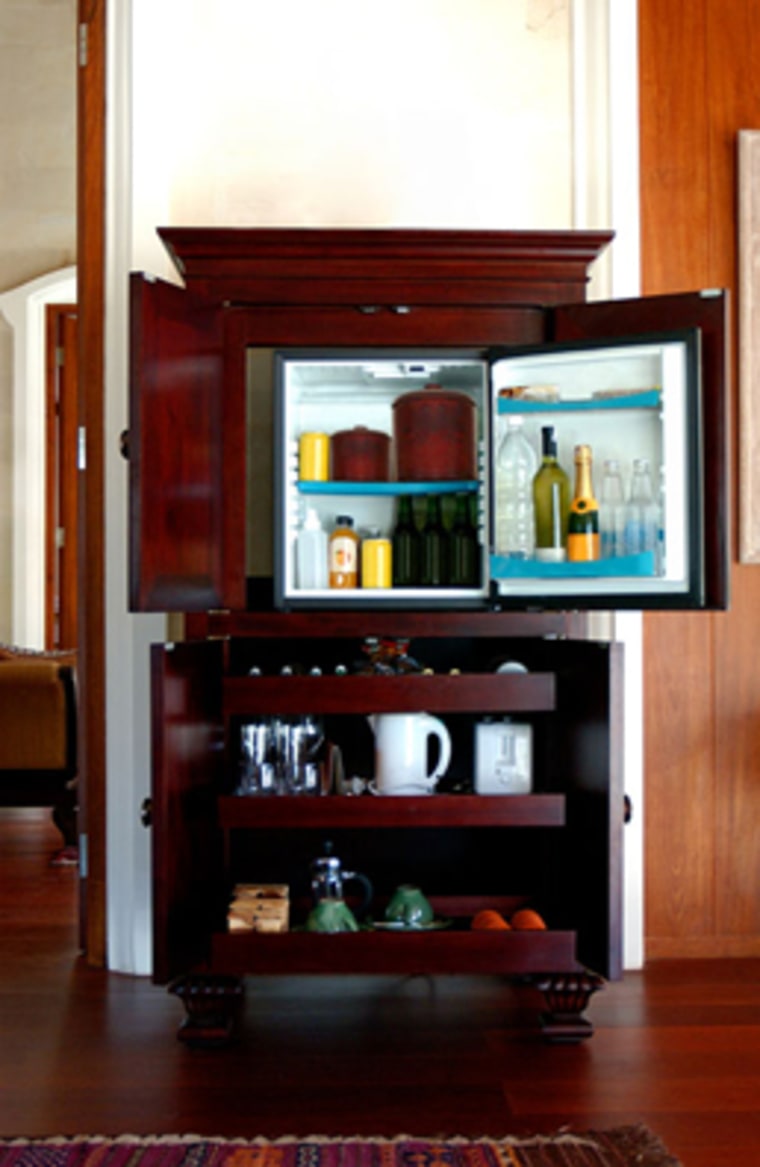My passport is just two years old and I’ve already run out of pages. I travel. A lot. More to the point, I am what you might call a parsimonious traveler. I do not part with my time or my money easily, unless I’m getting a good value.
So you won’t be surprised if I tell you I have done some peculiar things to save money. Once, on a trip to Cologne, Germany, I booked my family into a nursing home. For less than the price of a hotel room, we got a one-bedroom apartment, including a small kitchen, just a few blocks from the Dom Cathedral.
In fact, you often can save money or get larger quarters for the same price as a hotel by staying at alternative properties like condos, apartments, urban B&Bs, and other non-hotel lodgings. You’ll save even more if your accommodations come with a kitchen, which will help keep your meal costs down. Alternative lodgings like these are more popular overseas than in the States, so try booking through an international Web site like London-based apartmentservice.com or German-based hotel.info. City tourist offices throughout Europe are also good sources.
When it comes to dining on the road, I save money by eating where the locals eat and steer clear of hotel restaurants and room service. In Thailand, shophouses that have family-run restaurants are authentic, popular, and cheap. Hawker stands in Singapore (my favorite is Maxwell Food Centre, near Chinatown) provide memorably good food for next to nothing. Don’t get me wrong: I don’t recommend you visit dodgy restos. But if a place is clean and crowded, chances are you’ll be fine—despite the lack of English on the menus or linens on the tables. The same rule of thumb is true around the world, from Mexico City to little towns in Bavaria: small, inexpensive, and authentic places will leave you with better memories—and often better food at a better price—than you’ll find at fancy American-style restaurants.
I also aim to be an efficient traveler. I hate wasting time. That’s why I recently signed up for the Trusted Traveler Global Entry program, which allows members to bypass the long lines at U.S. Customs when returning from overseas. I generally travel solely with carry-ons to eliminate the wait at the baggage carousels and minimize the chance of lost luggage. (My record is 15 days in Asia with just a single carry-on and a briefcase.)
Some of these strategies can shave off a little time and money, while others can save you hundreds of dollars or hours of aggravation. But even the most peripatetic among us knows only so many of these tricks. So I recently asked some serious road warriors—travel photographers, account execs, journalists, tour operators, and others—for their hard-earned advice and added it to my own favorite tips. Here are the best tricks they and I have learned along the way.
